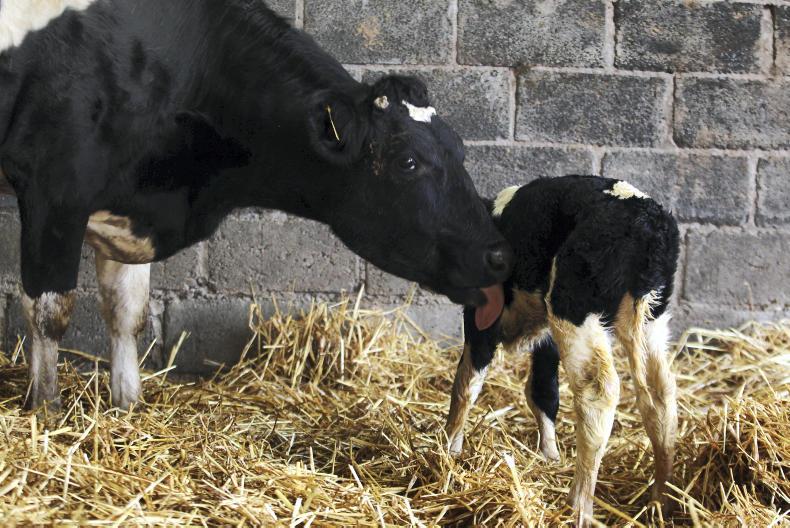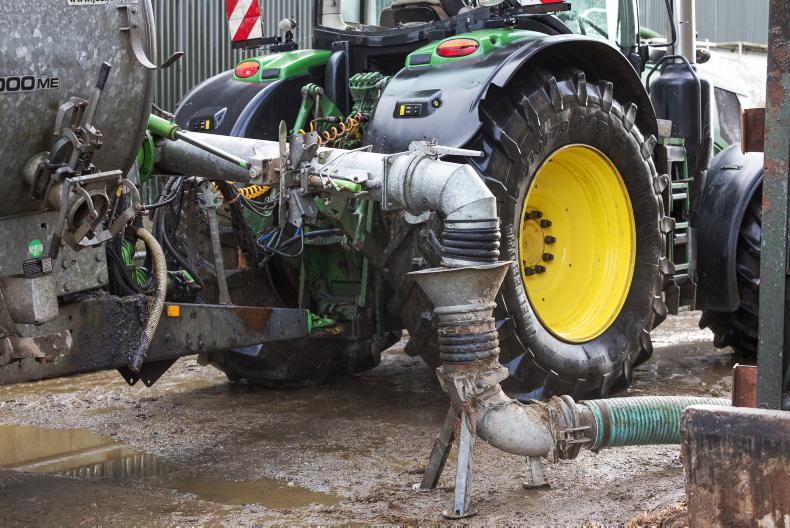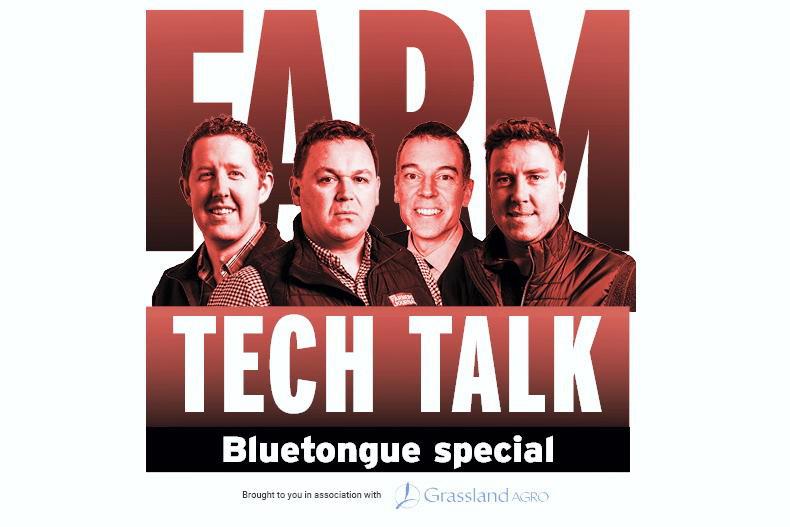Dairy farms in NI will have to implement a Johne’s disease management plan to comply with the Red Tractor quality assurance standard from October 2020.
According to Dr Sam Strain from Animal Health and Welfare NI, a new programme will be launched in NI in the coming weeks, which will allow local dairy farmers to meet the new scheme requirement.
The new initiative will mirror the current Johne’s disease control programme in the Republic of Ireland, where local vets assess each farm’s risk of being infected with the bacterial disease.
Johne’s is an infectious intestinal disease in ruminants
Strain said that the veterinary assessment will be submitted online, and each farmer will receive advice about how to control the risk of Johne’s being introduced or spread within their herd.
Johne’s is an infectious intestinal disease in ruminants, which can be hard to identify as it has a long incubation period.
“There will not be mandatory testing [for Johne’s] across the board, but one piece of advice from a vet to a farmer following an assessment could be that they start testing,” Strain said.
Scheme standard
Other new changes to the Red Tractor dairy scheme standard will apply a year earlier, from October 2019.
These include the need for at least one person in the business to hold a certificate of training in the administration of veterinary medicines.
This has moved from a recommendation to a requirement in the scheme standard.
Relevant training courses have already been rolled out to dairy farmers in NI under the Farm Family Key Skills scheme.
Similar training will also be put on for beef and sheep farmers
However, Strain said that more courses will be made available free of charge to local dairy farmers this winter.
He added that similar training will also be put on for beef and sheep farmers, ahead of the requirement eventually being added to the NI beef and lamb farm quality assurance scheme.
Additional information will be needed in animal health plans as part of other new changes to Red Tractor dairy standards from October 2019.
These include more detail on biosecurity risks, lameness management, dry cow policy and downer cow protocols.
More involvement with veterinary practitioners is required from next month, particularly with the creation of the farm’s animal health plan.
Guidance on the wash cycle for milking parlour plants must also be drawn up and on display as part of the updated Red Tractor standard.









SHARING OPTIONS